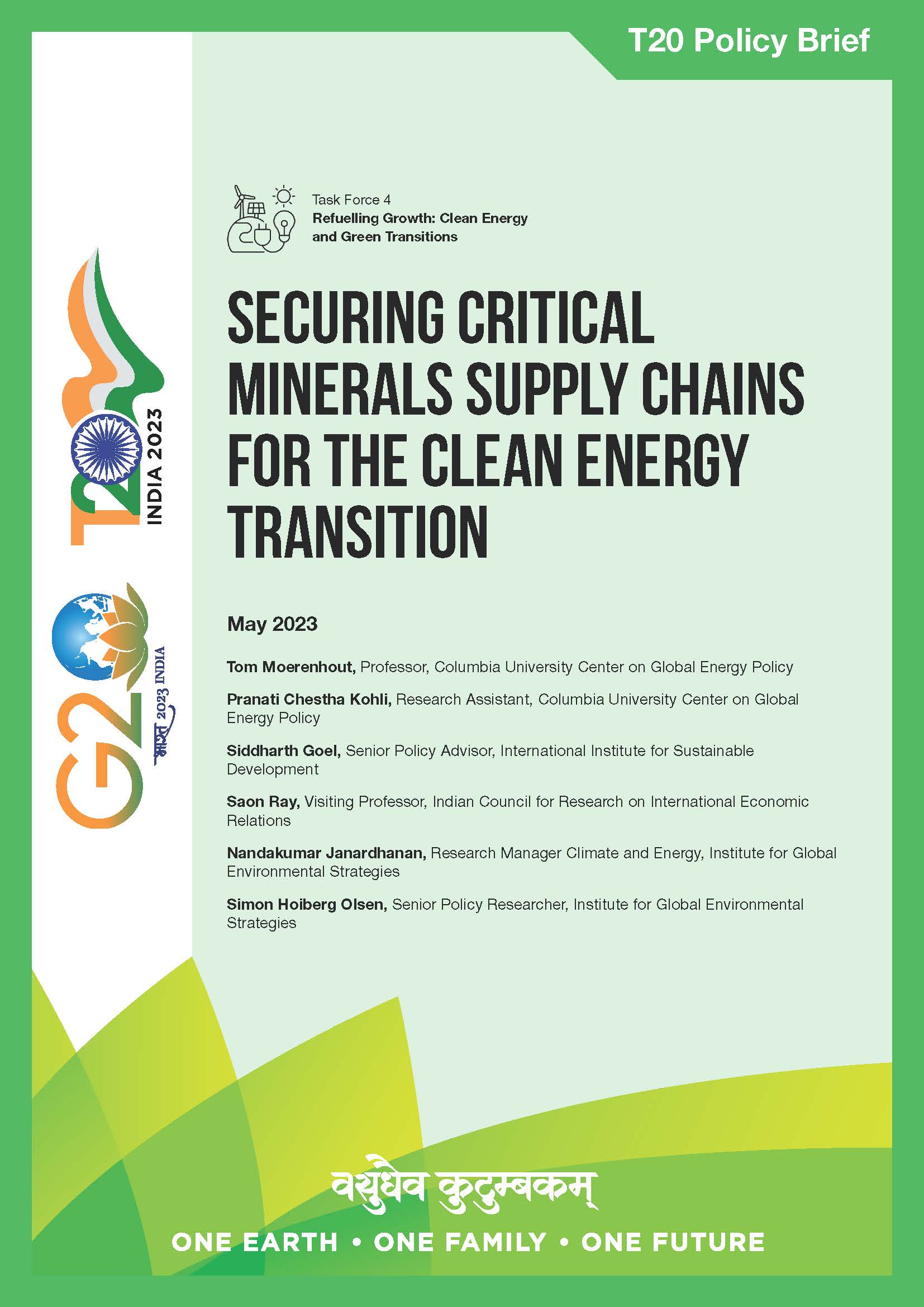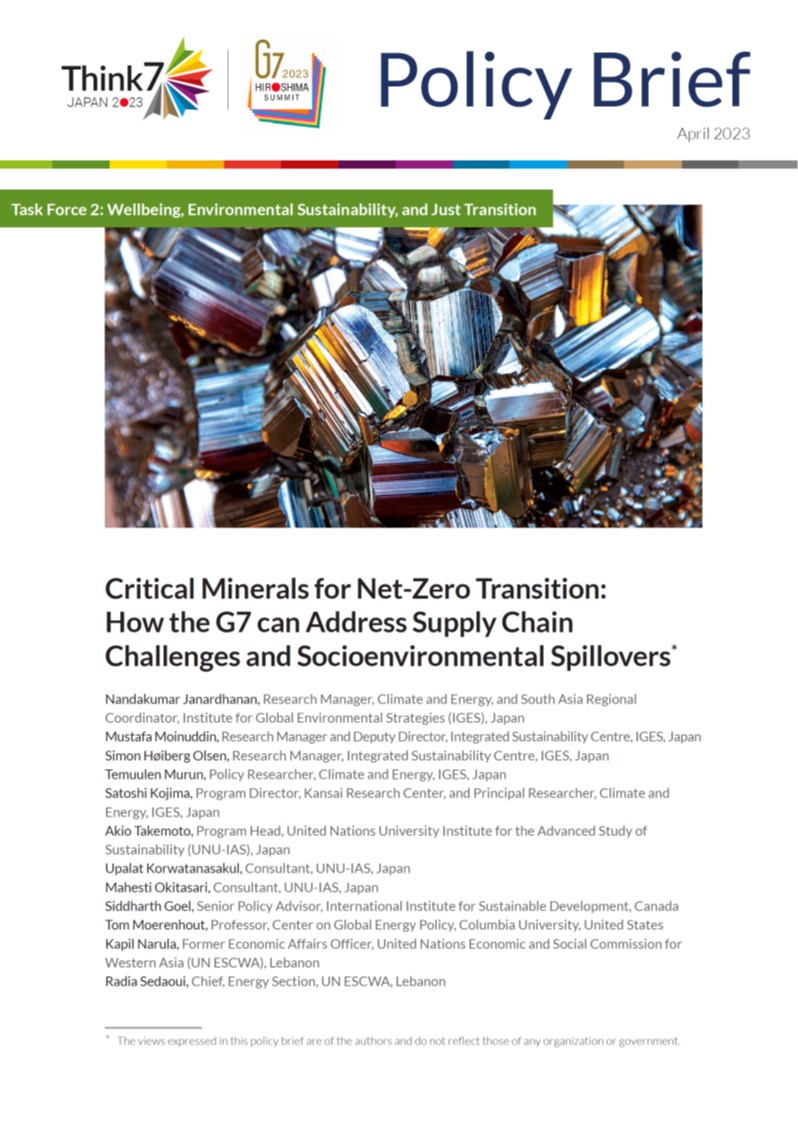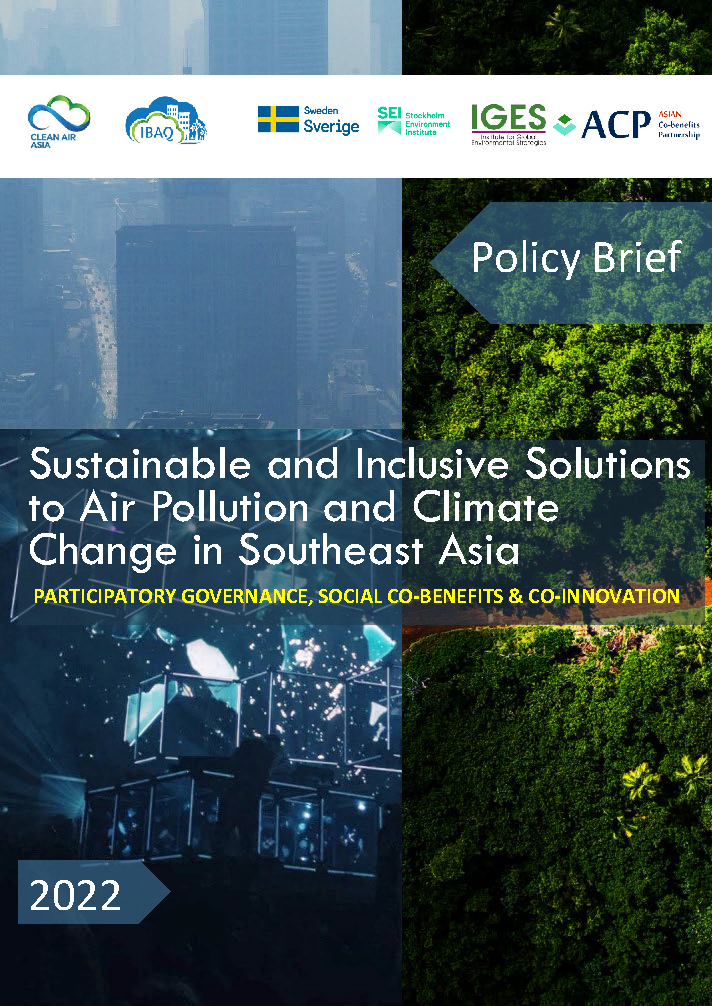The International Energy Agency estimates that to hit net-zero globally by 2050, six times more critical minerals will be required in 2040 than today. The rapid increase in demand for critical minerals is likely to increase price volatility. This could aggravate energy security concerns, and thereby delay the necessary clean energy transition...
Keywords:








